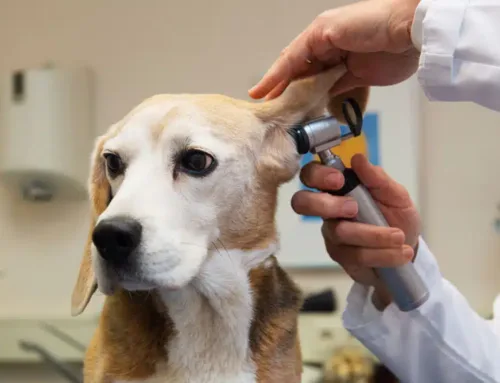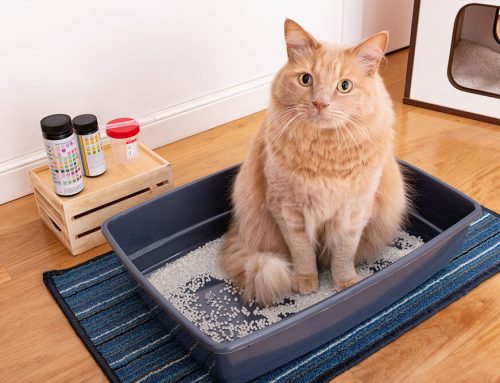Leptospirosis describes the condition caused by the bacterial organism, Leptospira. There are several strains of this unique, spiral-shaped bacterium, which all survive well in warm, moist environments for long periods if the climate is right. But, that doesn’t mean that leptospirosis, often abbreviated to lepto, is hiding only in stagnant puddles or pools in South Florida or Texas. Although not an overly common infection in pets, Leptospira are ubiquitous, and cases occur all over the country—including the California Bay Area. So, what’s with lepto, and why is its prevention so important?
Pets can easily become infected with lepto
Depending on your pet’s lifestyle, they may be an easy target for this sneaky bacteria, which needs only to come into contact with the soft mucosa of your pet’s nose, mouth, or eyelid, or through an open wound or scratch on the skin. Most pets become infected with lepto through contact with an infected animal’s urine, either directly or indirectly through water or soil. If your pet roams freely on wooded acreage, or frequently joins you camping, hiking, hunting, or exploring, they are at increased risk of contracting leptospirosis.
Lepto can cause serious disease in pets
Once infection occurs, the bacteria journey throughout the body and multiply, chiefly targeting the nervous system, liver, and kidneys, often causing severe damage. Many pets will develop clinical signs such as lethargy, inappetence, vomiting, and increased drinking and urination. Others will develop jaundice (i.e., yellowing of the eyes, skin, and mucous membranes) or bleeding problems. Some lucky pets suffer only mild disease that may go undetected, but many become quite ill, requiring hospitalization for intravenous fluid therapy and supportive care. Fortunately, lepto can be cured, but timely treatment is essential, as this rapidly progressive disease can be fatal.
Diagnosing lepto in pets can be difficult
While treating lepto is quite effective with the right antibiotic and care, reaching a diagnosis can be tricky. Since lepto’s clinical signs mimic those of many other conditions, reaching a diagnosis can require several steps. Should your pet show lepto’s clinical signs, your Fairfax Veterinary Clinic veterinarian will likely start with baseline diagnostics that may highlight any abnormalities in the liver, kidneys, and other organ systems. From there, specific lepto tests are available, but they come with limitations. Some tests can be time-consuming, whereas others are ineffective if antibiotic treatment was already initiated.
Pets can transmit lepto to other animals
The same way pets can contract lepto from other animals, they are also capable of the reverse. For this reason, quarantining infected pets is important until the infection clears. If your pet contracts lepto, designate a specific elimination area outdoors with a barrier that other pets and wild animals cannot access. Don’t allow your pet to wander or accompany you outdoors if your pet is being treated for lepto, and inform other pet owners if your pet has had recent contact. Allowing your pet to potentially infect other animals, including wild animals, is irresponsible and may contribute to perpetuating the disease.
Lepto can spread to people, too

Lepto is a zoonotic disease, which means it can affect a variety of animals, including humans. Although people are more likely to contract lepto from recreational activities involving contaminated water than from an infected pet, it does occur. Any owner dealing with lepto in their home will need to practice excellent hygiene and be diligent about avoiding urine, blood, and tissues from affected pets. Conversely, if a two-legged family member comes down with lepto, limit their contact with the furry family member and assign pet duties to someone else in the household.
Lepto prevention in pets is simple and effective
Because of the ease of transmission, rapid disease progression, and complicated diagnostic path, preventing leptospirosis in pets is essential. Fortunately, our canine friends have safe and reliable lepto vaccines that protect against up to four serovars of Leptospira. Note, however, that no vaccine covers all possible lepto strains, and other preventive measures also are necessary. For example, pet owners should control rodent populations in and around their homes, as these creatures are common carriers of this harmful bacteria.
At Fairfax Veterinary Clinic, your dog’s health is our top priority. Our veterinary team will work with you to determine if a leptospirosis vaccine is warranted for your individual pet. Contact us to set up a consultation or vaccine booster appointment.








Leave A Comment